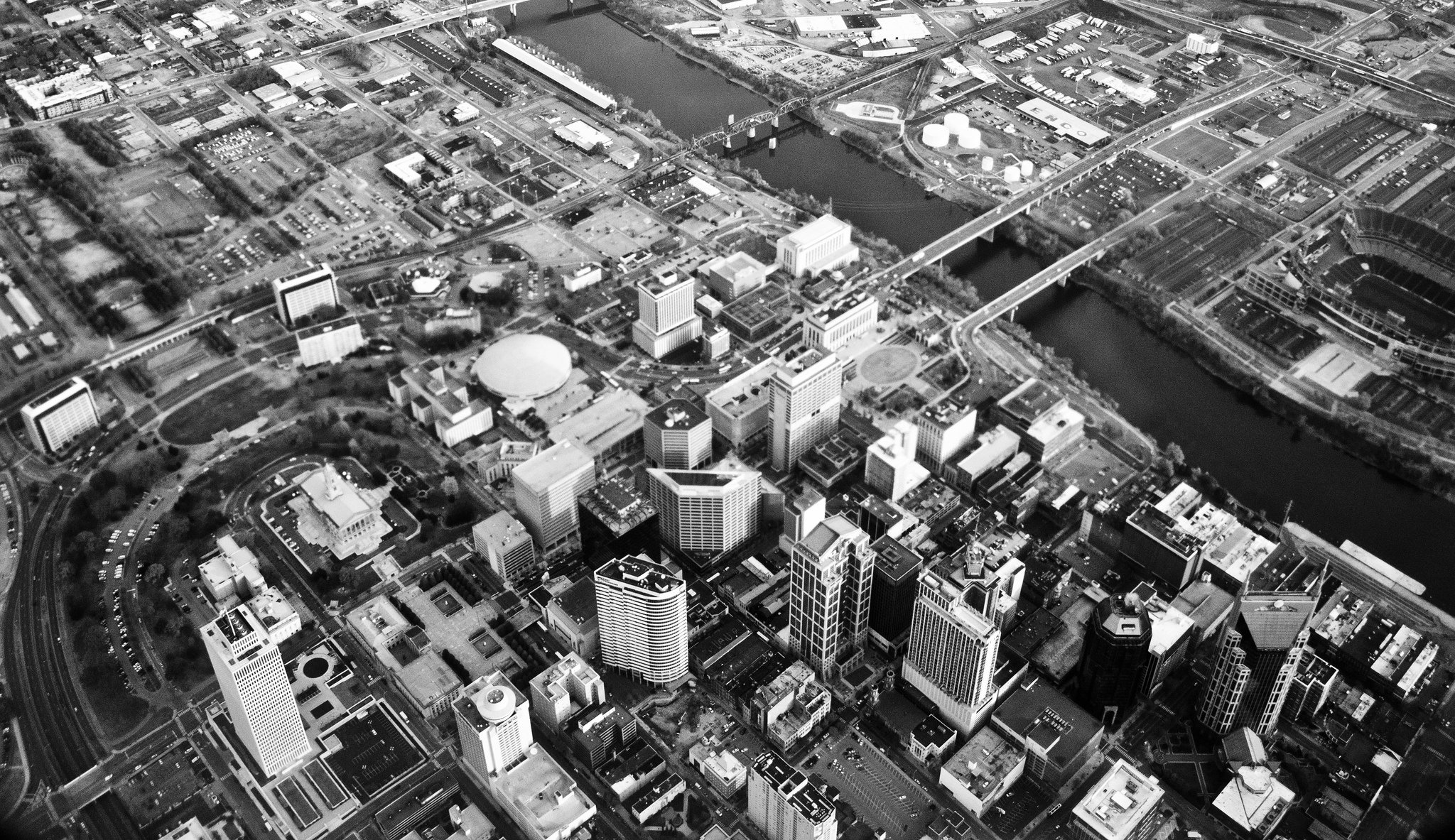Death rates correlate with education levels, urbanization rate, alcohol consumption, car size, driving laws, speed cameras, and road design.
Pretty clear pattern with the US states. The lowest death rates are decidedly blue and the highest are decidedly red.
Presumably, people drive more frequently and for longer distances in the red states. Everyone I know back in my home red state commutes between 30 minutes to an hour, sometimes more, everyday. They’re not sitting in traffic either.
I don’t know why you think people would spend any less time in traffic in blue states.
Death rates correlate with education levels, culture, urbanization rate, car size, driving laws, speed cameras and road design.
The main issue is distance (and speed), not time. Your far less likely to be in a fatal car crash (or crash out any kind) in slow-moving city traffic jams vs driving from your rural house to your job in the next small town doing 85 mph on a 2-lane highway, which is the scenario a lot of folks in rural areas have every day
Death rates correlate with education levels, culture, urbanization rate, car size, driving laws, speed cameras and road design.
Correlation is not causation. They never addressed speed or distance, which are clearly the biggest factors in the chances of fatality and the chances of having a wreck at all (respectively)
From the linked source, #1 is miles driven. You can keep copy/pasting the same thing in response to people hypothesizing miles driven is the biggest cause, but it won’t change the fact that you are wrong.
It’s not time in traffic. It’s time NOT in traffic. Traffic is slow and not often deadly. Driving for an hour at 70mph is much more dangerous than an hour at 25mph.
And blue states often have bigger cities with slower traffic and shorter commute distances.
Unless I miscounted they seem to be missing a few states.
Definitely missing some. I was looking for where Wyoming lined up. Combed the line like 8 times before I decided I wasn’t missing something.
I’m a proud resident of one of Canada’s only four provinces.
What a coincidence, I’m a proud resident of one of Australia’s only four states.
They only included the two thirds of states that best supported their intended message.
Arkansas at #3. I am not remotely shocked. People here drive like complete morons who are oblivious to everyone else on the road. Just on your average trip to Bentonville – which is about 8 miles from me – you’re almost guaranteed to see half a dozen cars blow through a red light. I’ve had more close calls than I can count.
I’m willing to bet half those BC stats are actually Albertans driving into the mountains. Significantly more westbound than eastbound fatalities in the Rockies. If you fall asleep at the wheel in Alberta you wake up in the middle of a corn field. If you fall asleep at the wheel in BC you don’t wake up.
While I don’t disagree there’s a high likelihood it’s Albertans, very few Albertans drive west and not back east again, so your anecdotal data doesn’t represent your argument.
Currently live in Louisiana, close to Arkansas border. The roads are just as bad as the drivers. I learned to drive when I still lived in Cali. I’ve had to find tune my predictive idiot sense living where I do now. I legit think vehicles are sold here without blinker fluid
I’m genuinely surprised Utah isn’t higher on this list. I’ve driven in many states, and that state has by far the worst drivers I’ve encountered.
And Massachusetts.
Massholes were particularly bad drivers, but I think the speeds are typically lower and the quality of car higher than some poorer and more wide open states.
Massholes are aggressive, but not necessarily bad drivers. New Jersey, on the other hand…
That chart is incomplete.
What makes you say that?
It doesn’t have 50 american states, 10 provinces 3 territories, and 8 Australian states (sorry I don’t know if they are classed otherwise)
Where does it say it was supposed to? I don’t say anything about all states anywhere in the title or in the graphic.
It says that it is for the 3 countries then breaks it down by region. It then doesn’t have all regions. The graph or OP doesn’t mention the exclusions.
Putting it behind a link seems like building a narrative.
No it says it’s for major states and provinces.
Major is subjective. If you are going to use terms like that and only give a graph you should define the term.
And that’s completely legitimate argument to make, though I think you’d have trouble arguing that any of the ones left off this graph constitute major. However you’ll note that it’s a completely different argument.
There are a lot of missing people underwater in their cars, in the South and Midwest.
Missing states…
14 missing states, including South/North Dakota, Montana, Wyoming, Idaho, Nebraska, Alaska, Vermont, New Hampshire, Maine, Delaware, Rhode Island, Hawaii, and West Virginia. Most of those states barely have 100,000 people.
Those 14 are the least populated states. However, with the exception of Wyoming, Vermont, Alaska, and the Dakotas all of them have populations over 1 Million. Wyoming, the least populous state, has a population of 590,000.
I wouldn’t exactly call that “barely 100,000.”
No shit. It’s called exaggeration.
Am I stupid? Where’s New Hampshire?




